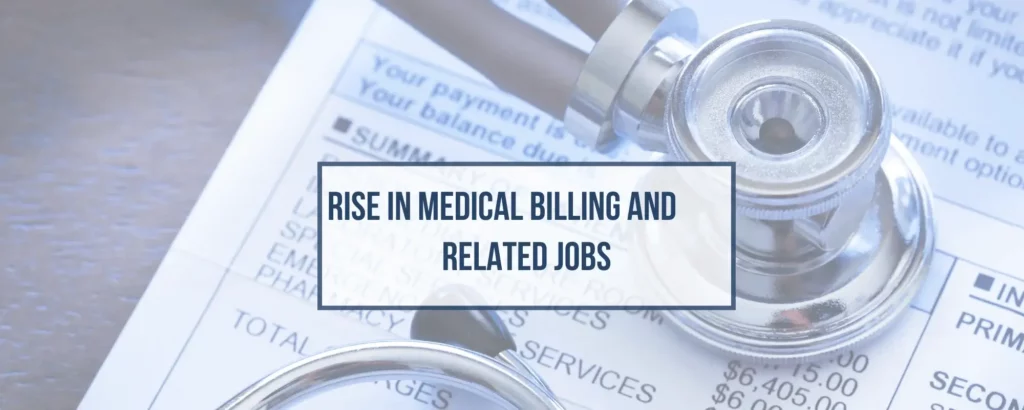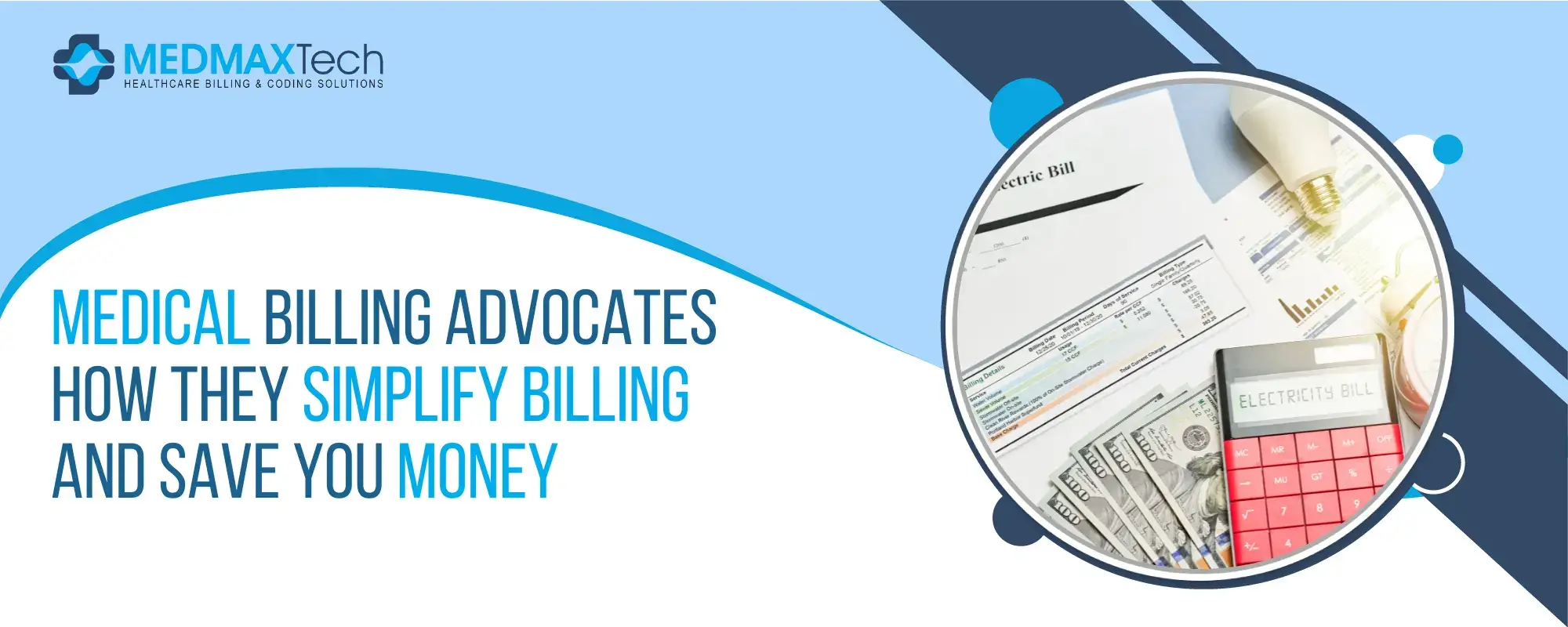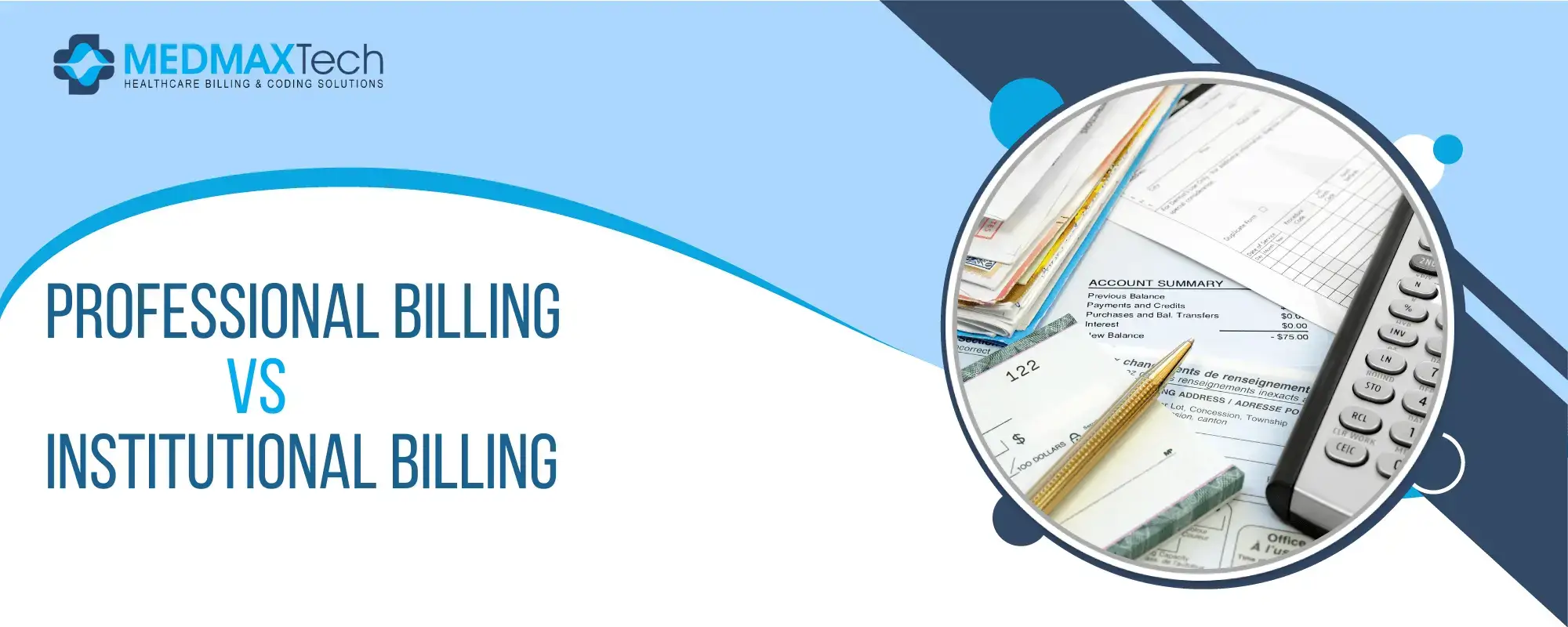
5 Latest Changes In Medical Billing Industry 2022
As the pandemic dawned upon the world a few years ago, it caused disruption in nearly every sphere of our lives. Whether it’s an education system, industrial jobs or IT companies, all were affected badly by its implications. The healthcare industry is no exception when it comes to the horrid effects caused by a pandemic
The USA federal government spending in the healthcare industry rose to 36% in 2020, 6 times more than they spent in 2019. This clearly demonstrates the shift of medical billing towards a transformative journey. Plenty of options and features changed in medical billing. Some codes were replaced, new codes were introduced to better equip physicians to deal with reimbursement issues caused by uncertain scenarios. Whether it’s tele-health or the adoption of new technology, the healthcare industry was severely impacted by the hit of Covid.
We’ll discuss the 5 main changes that have shaped the medical billing industry in 2022.
EHR Popularity
Since 2011, around 55% of medical practitioners have adopted EHR to keep their patients’ information safe. However, during the pandemic, the popularity of EHR rose to needed heights. Physicians are adopting the latest EHR systems to provide their patients with better security and safety with respect to their personal data. After HIPAA compliance, EHR is the sole major concern of various medical practices.
Rise In Medical Billing And Related Jobs
To cater to the ever-increasing pressure caused by new medical coding and regulatory standards, more qualified personnel are needed. ICD-10 created the instant need for more qualified medical billers so that they could do more accurate billing and coding.
The IT department cannot deal with this disruption alone. Medical billers and coders are required to deal with new changes in the medical billing industry. This trend has resulted in the growing need for medical transcriptionists and EHR technicians.
AI Driven Healthcare Industry
Just like other avenues of life have been optimized by the use of artificial intelligence, the healthcare industry is no exception. AO models have been used to better comprehend medical paperwork. Along with that, the main tasks which need human touch will be replaced by AI, like filing claims and regulating insurance processes. AI will work in conjunction with EHR technology to retrieve data and process it with respect to reimbursement and insurance needs.
Covid -19 Codes:
As this was the first time the world was hit by a covid, it posed a great challenge for medical practices and physicians to deal with. Hence, new codes were introduced to deal effectively with the have covid diagnosis, treatment, medical tests, and immunization to streamline the whole process. It convinced physicians to outsource their medical billing to qualified and certified medical billing companies so that they can focus on delivering high-quality patient care.
Updated ICD System:
ICD is the system to categorize and code the symptoms, diseases and treatment procedures to eliminate ambiguity and uncertainty. The healthcare industry has already made a huge shift from ICD-9 to ICD-10 back in 1999, to report mortality cases, but it was adopted recently by physicians and insurance companies.
The WHO has approved the formation and implementation of ICD -11 to be accepted as a new code of standard in 2022. This update will convince physicians to stay abreast of the latest innovations and train themselves beyond the continuing education units.

Emily Thompson
Emily Thompson is a Revenue Cycle Management (RCM) Specialist with extensive experience in the medical billing industry. She helps healthcare organizations and medical billing companies improve claim efficiency, reduce A/R backlogs, and implement data-driven RCM strategies. Emily’s articles focus on end-to-end medical billing services, denial prevention, and technology-driven revenue optimization for healthcare practices across the U.S.









